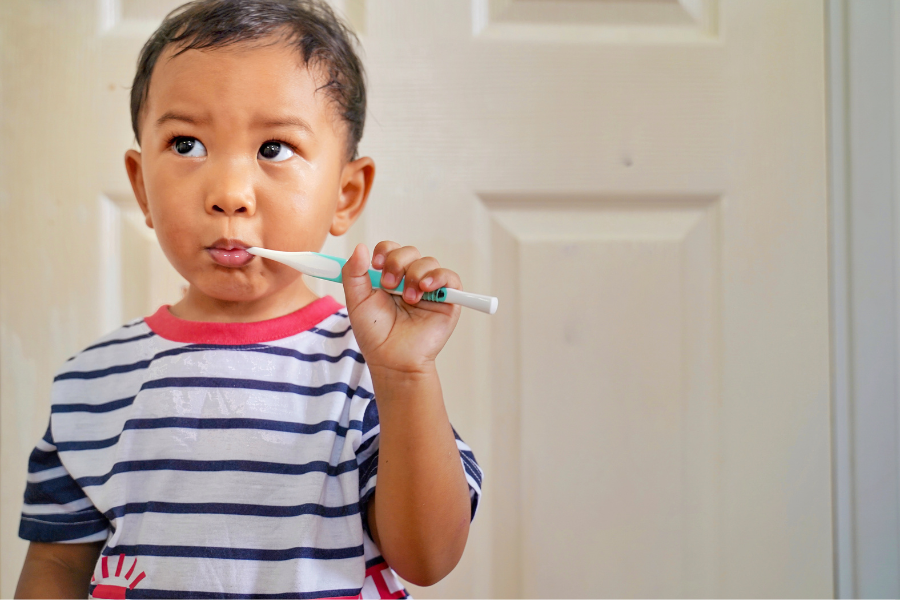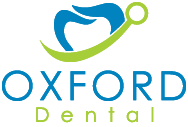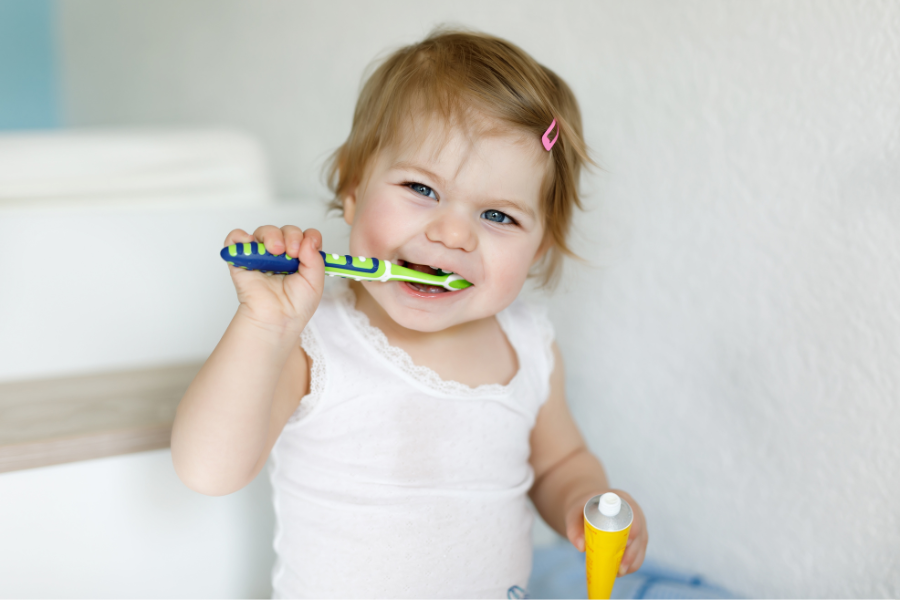As a parent, one of the many questions you might have is when to take your child to the dentist for the first time.
Visiting an Edmonton pediatric dentist is an important step in setting the foundation for your child’s oral health.
Early dental visits are not just about checking teeth but about educating parents and establishing good oral habits.
Let’s take a look at when your child should visit the dentist for the first time and how to prepare them for this important visit:
What Age is Best for the First Dental Visit?
The best age for a child’s first dental visit can vary, but experts usually recommend starting sooner rather than later.
Pediatric dentists suggest that children see a dentist around the age of one, as early visits help identify potential issues.
Early detection of dental problems such as tooth decay, gum issues, or improper development can lead to easier and more effective treatments.
These visits also provide guidance on maintaining oral health from a young age.
What is the Typical Age for the First Tooth?
Most babies get their first tooth between six and ten months of age. It is usually one of the lower front teeth.
The timing can vary, but by the age of three, most children have a full set of 20 primary teeth.
You’ll know your little one is about to cut their first tooth when you notice drooling, gum rubbing, and irritability. Some children may also experience sleep disruptions and a slight fever during this time.
As your child grows, regular check-ups can help the dentist keep an eye on their dental development. Your pediatric dentist can also help you manage teething.
Starting Dental Care at Home
Good dental care starts at home! Establishing a daily routine and using the right products can make a big difference in your child’s oral health.
Starting these habits early is key to preventing cavities and other dental problems.
Good Dental Hygiene
From the moment your child’s first tooth appears, it’s important to start brushing twice a day with a small, soft-bristled toothbrush.
Regular brushing helps remove plaque, a sticky film of bacteria that forms on teeth and can cause decay.
The Right Dental Products
Look for a toothbrush with soft bristles and a fluoride toothpaste specifically designed for children. These products are made to be gentle on youth teeth and gums.
For babies and toddlers, it’s recommended to use a small smear of fluoride toothpaste (no larger than a grain of rice). As your child learns how to spit, usually around age 3, you can increase the amount to a pea-sized dollop.
Be sure to supervise your child’s teeth brushing to make sure they don’t swallow excess toothpaste.
Daily Routine
Including dental care in your child’s daily routine can help them develop good habits. Make brushing a fun and regular part of their morning and evening routines.
Singing songs, using a timer, or brushing together as a family can make the process enjoyable and help children look forward to it.
Signs of Poor Oral Health in Kids

Recognizing the signs of poor oral health early can help you take action before problems get worse. Healthy teeth and gums are vital to your child’s overall well-being and to avoid dental emergencies.
Signs of poor oral health can include:
- Persistent bad breath
- Red or swollen gums
- Tooth pain
- White or brown spots on teeth (these may indicate early stages of tooth decay)
Neglecting oral hygiene can lead to cavities, gum disease, and other dental problems.
If your child is experiencing any symptoms of poor oral health, it’s important to visit an Edmonton pediatric dentist to rule out any serious issues and to develop a plan to get your child’s oral health back on track.
You can also start at home by encouraging those good oral hygiene habits as well as providing a healthy diet, and limiting sugary snacks and drinks.
Preparing for the First Dental Visit
Preparing your child for their first dental visit can help make the experience positive and stress-free. Knowing what to expect can ease both your and your child’s anxiety.
A good first experience can set the tone for future visits and help your child develop a positive attitude toward dental care.
What to Expect
During the first dental visit, the dentist will examine your child’s teeth and gums, check for any issues, and discuss proper oral care practices.
This visit is usually short and helps familiarize your child with the dental environment, including the tools the dentist will use to help keep your child’s teeth clean and healthy.
The dentist may also perform a gentle cleaning if your child is comfortable.
Reducing Anxiety
To reduce anxiety, talk to your child about what to expect in a positive and calm manner.
Reading books about going to the dentist or watching videos can also help prepare them and show them what to expect. Role-playing a dental visit at home can make the experience feel more familiar.
Your child can also bring a favorite toy or blanket with them to their visit to provide comfort during the appointment.
Questions to Ask the Dentist
Prepare a list of questions to ask the dentist to address any concerns you may have. This will help you feel more informed and confident in managing your child’s oral health.
Don’t hesitate to ask about how to care for your child’s teeth, the best products to use, or how to prevent dental issues.
Start Your Child’s Journey to a Healthy Smile with Oxford Dental
Taking your child to the dentist early and establishing good dental habits are important steps when it comes to maintaining their oral health.
Regular dental check-ups and proper home care can make a huge difference in your child’s overall well-being!
Schedule that first visit with an Edmonton pediatric dentist at Oxford Dental to start your child on the path to a healthy smile.
Book your child’s first dental appointment with Oxford Dental today!

